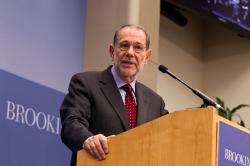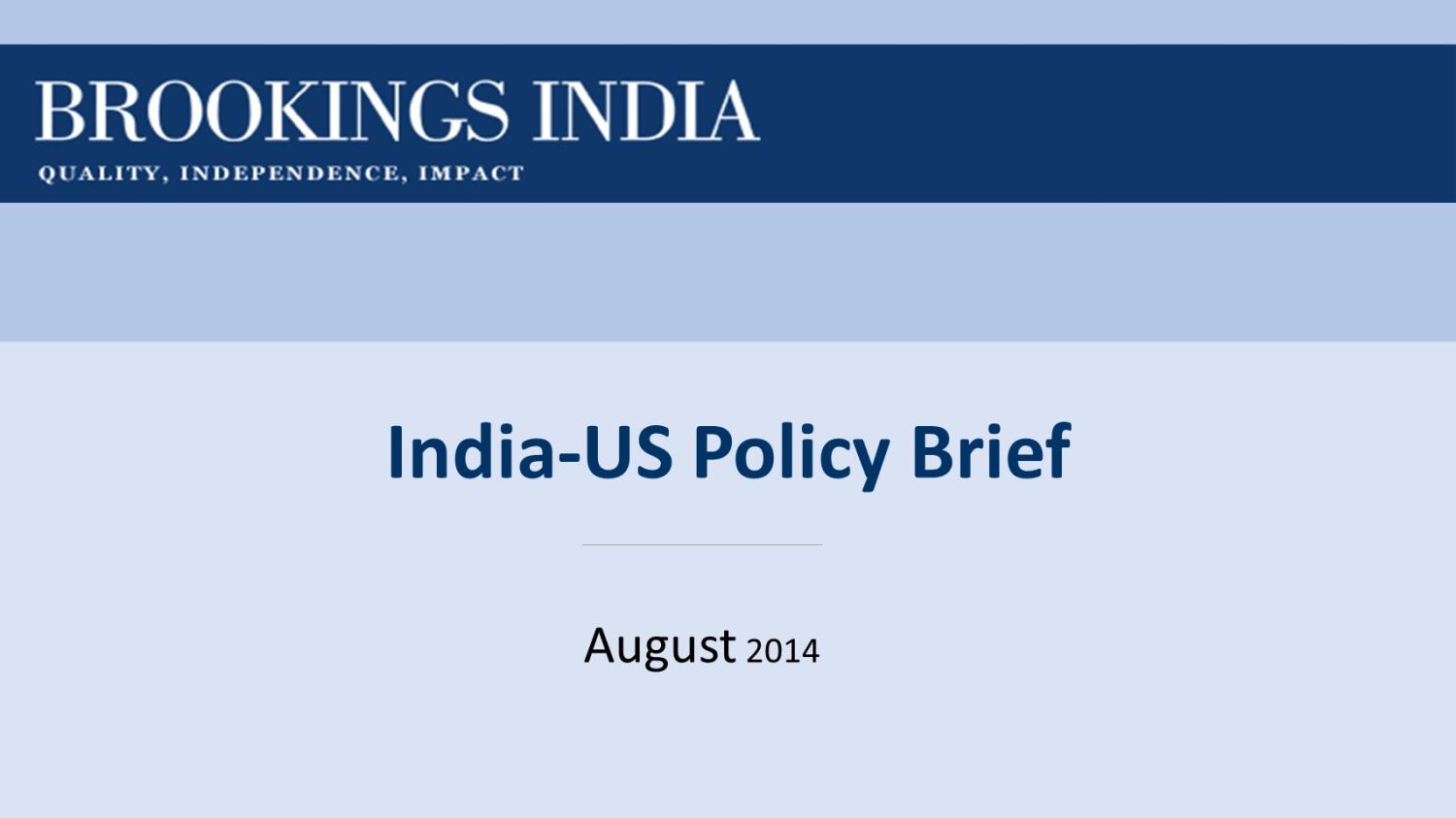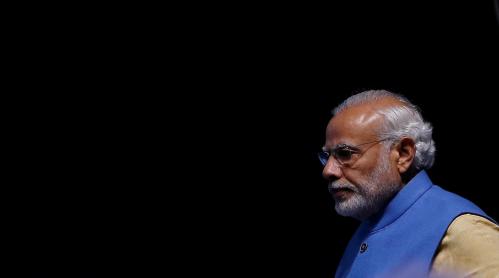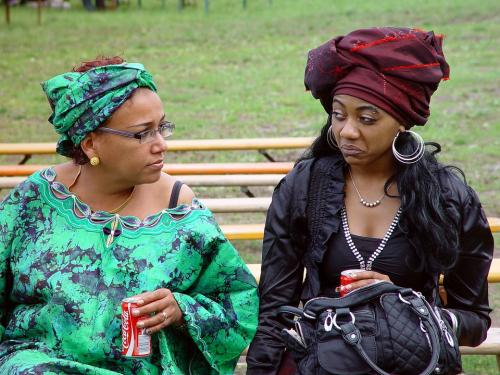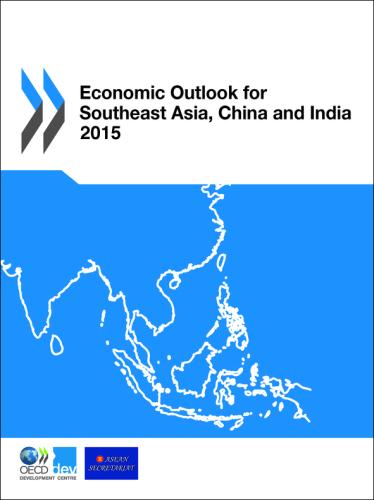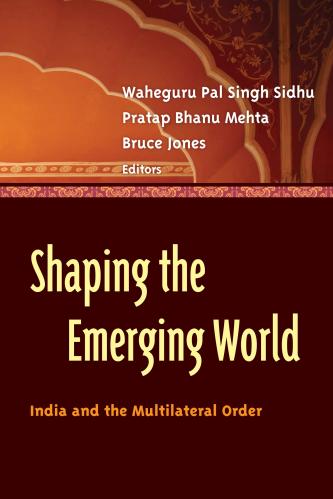Content from the Brookings Institution India Center is now archived. After seven years of an impactful partnership, as of September 11, 2020, Brookings India is now the Centre for Social and Economic Progress, an independent public policy institution based in India.
In this India-U.S. Policy Memo, Javier Solana recommends that the new Indian and European Union leaderships should strengthen the strategic partnership, especially by concluding negotiations for an EU-India Free Trade Agreement, broadening cooperation and enhancing people-to-people ties.
India is one of the 10 countries that the European Union (EU) has chosen as strategic partners in the international community—a reasonable choice since India is the most populous democracy in the world. The importance, both economic and political, of this Asian giant for the EU, is unquestionable. India is its 10th largest trading partner, with a total trade volume of 72.7 million euros in 2013. It is also a privileged partner on innovation issues, such as energy or scientific research. It is not a coincidence that all the 28 EU Member States have resident diplomatic missions in Delhi.
However, despite these high hopes, India’s strategic partnership with the EU has been underperforming. As an example, negotiations on an India-EU Free Trade Agreement (FTA)—the most important issue on the bilateral agenda—have lasted for seven years and 12 rounds, yet conclusion of an agreement remains elusive. In other areas of cooperation, the partnership holds great potential, but has not yet delivered as expected.
India’s foreign policy has been evolving gradually away from a philosophy of non-alignment, self-identification with the developing world, and mistrust towards the West. Since the fall of the Soviet Union, India’s positions have moved closer to those of the U.S. and EU Nevertheless, India’s non-aligned past still seems to be a limiting factor in its international role. Moreover, India has been primarily focused on domestic affairs, with laudable attention to economic development.
However, the recent elections have opened a new phase in India’s evolution. Prime Minister Modi is a pro-business, pragmatic leader who has promised to “create an India that none could talk down to in the international stage.” He is a leader who might depart from India’s tendency to protectionism and open the Indian market to both national and foreign investors.
New EU leadership, which will take office next autumn, should give priority to strengthening and rebalancing the strategic partnership with India in light of that partnership’s 10th anniversary. It is therefore of crucial importance that the new EU team engages with India at an early stage and reaches out to their Indian counterparts as soon as possible to foster a new atmosphere of trust and cooperation.
Concluding the FTA will not only increase India-EU trade and relations but would also result in a more balanced agenda and a stronger partnership in all areas of cooperation. The EU should also intensify bilateral dialogue and cooperation on issues such as energy, climate change, human rights, and peace and security. In addition, the EU must take into account that, given the enormous length of its coasts, India is a key natural partner in maritime security and counter piracy. India is also an important contributor to managing international crises broadly.
The EU should not miss this opportunity to persuade India to become more assertive and to play the role of a responsible, big, democratic power, acting to advance world peace and stability.
To summarize, the EU should:
- Deepen the political dimension of the relationship through enhanced cooperation on foreign policy, security and human rights;
- Continue efforts to finalize the negotiations for an ambitious FTA in order to address trade and investment irritants, as well as maximize business and economic opportunities;
- Enhance cooperation on issues of key mutual interest such as energy, science and technology, environment, mobility, skills development, urban development, and education and cultural exchanges. These key priorities, as well as the other priorities of the EU-India Joint Action Plan, should be addressed in such a way that brings the strategic partnership closer to the citizens and promotes people-to-people contacts; and
Continue to work toward building up the relationship and enhancing people-to-people contacts and mutual understanding through various high-level meetings (even if leadership transitions in the EU during 2014 could make it challenging to hold the 13th India-EU Summit before the end of the year).
Back to contents: The Modi-Obama Summit
